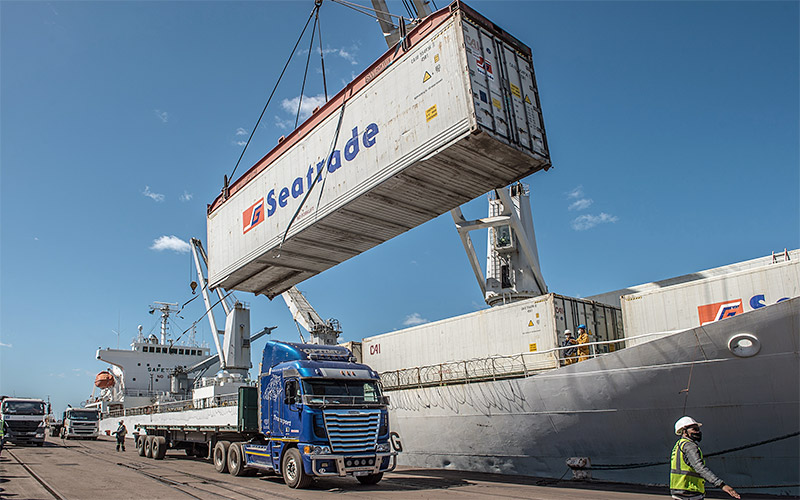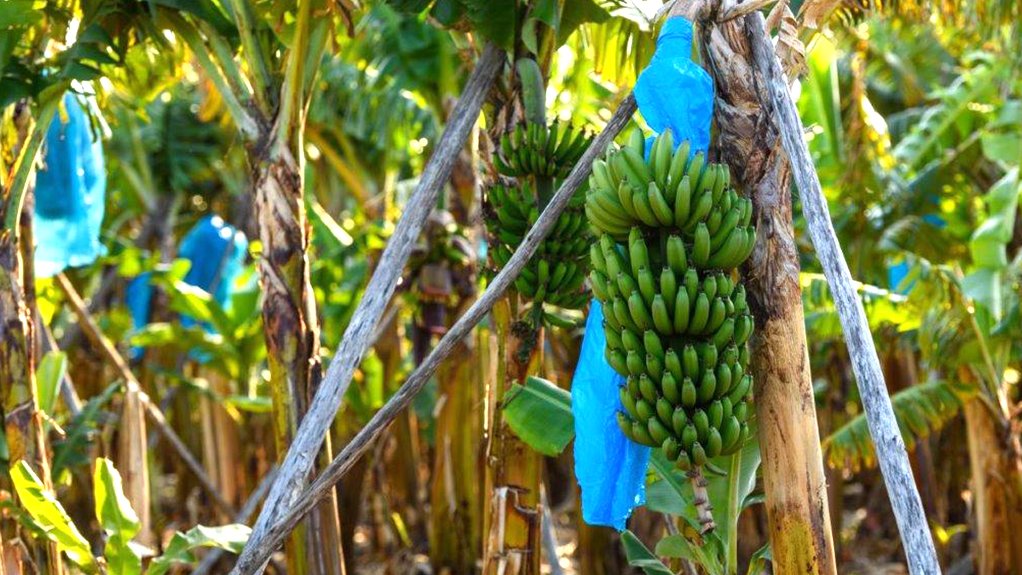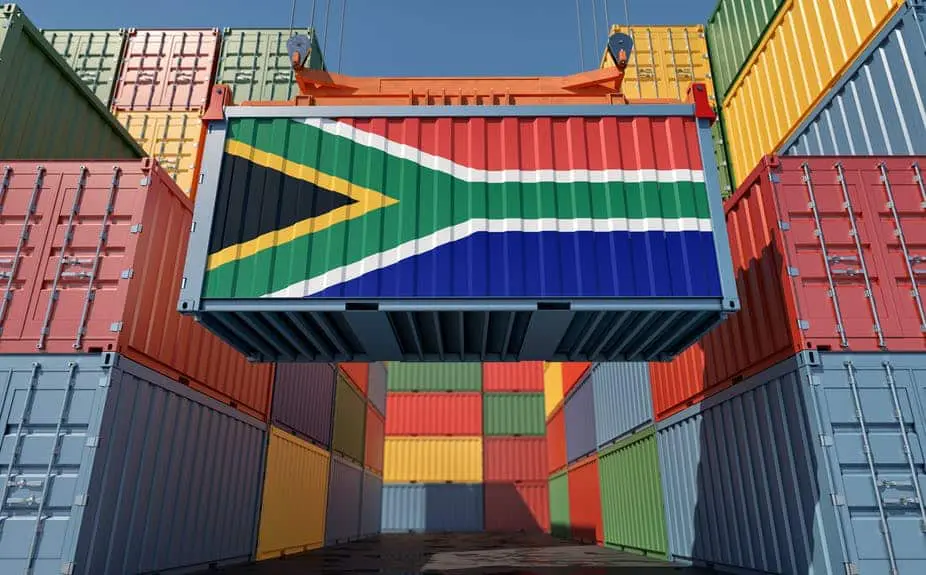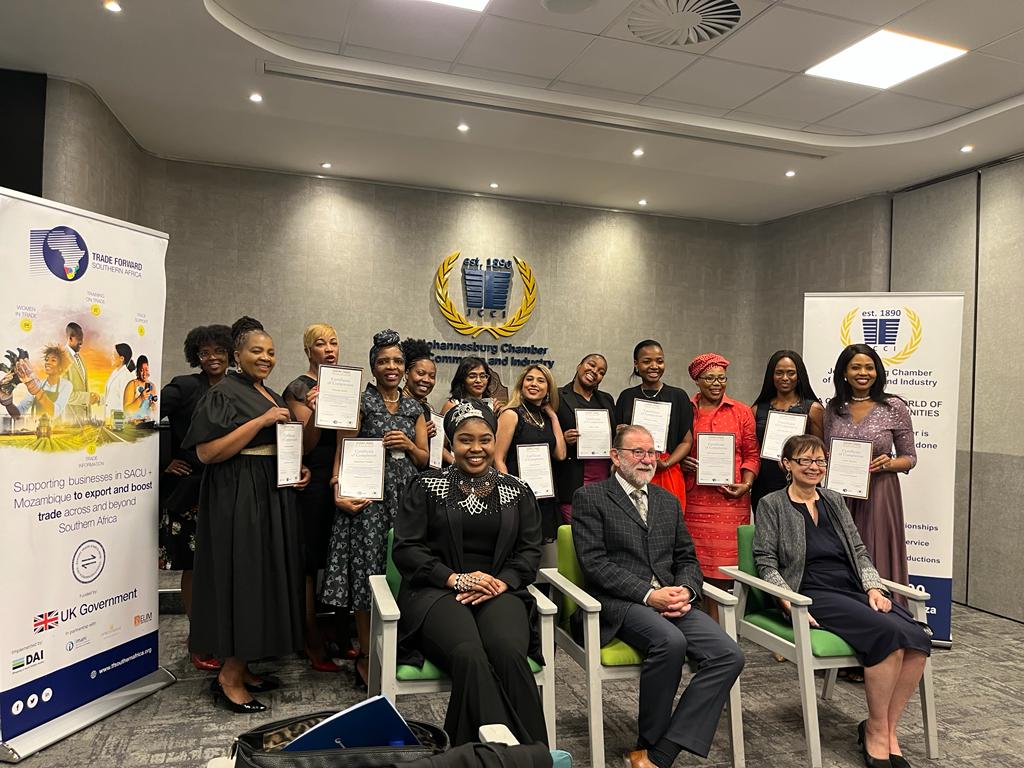Transnet Port Terminals (TPT), South Africa’s state-owned freight transport company which owns and operates 16 terminal operations situated across seven South African Ports, recently handled two significant vessels carrying record citrus fruit exports out of South Africa.
Three container terminals loaded 2 099 forty foot equivalent unit (FEU) containers destined for Europe aboard vessel MSC AINO, with the largest consignment of 960 FEU containers loaded in Durban, 579 FEU containers in Ngqura, 534 FEU containers in Cape Town and 26 as transhipments.
TPT General Manager for Commercial and Planning Michelle van Buren Schele said it was the first time in the history of their operation that TPT has loaded over 2 000 FEU citrus containers on a single vessel. She added that the volumes were testament of the resilience of the South African citrus growers to deliver their product to key markets despite the challenges engulfing the industry. According to Van Buren Schele, the last record of citrus exports on a single vessel was 1 665 FEU containers in January 2020.
TPT had also loaded a reputable 1 911 FEU containers aboard vessel MSC Rayshmi with the largest consignment of 899 FEU containers loaded in Ngqura, 636 FEU containers in Durban and 376 FEU containers in Cape Town. This week the Maersk Santa Rosa had loaded 747 FEU containers alone at Pier 1, all destined for the European market.
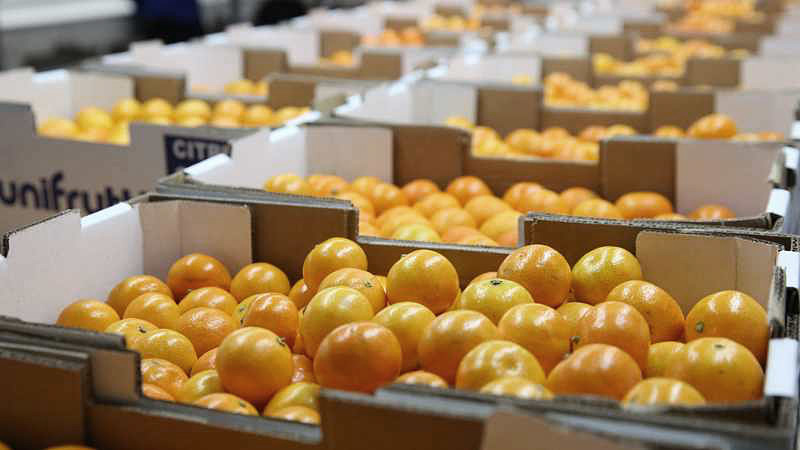
South African citrus exports were 7 percent higher across all terminals combined when compared to prior year volumes mid-season. “The confidence that shipping lines are demonstrating by calling South Africa is encouraging and we are maximising our stack capacity, ensuring ample resources are available including increased terminal plug points for refrigerated containers” said Van Buren Schele.
The country’s peak citrus season was between April and September annually, where both
Durban and the Eastern Cape moved export volumes to over 100 countries mainly within the European Union (EU), Far East, and United States of America (USA).
In their weekly newsletter [download a copy below], Citrus Growers Association(CGA) chief executive Justin Chadwick said that in essence the grapefruit season was over with the final prediction coming in at a million cartons under the original estimate. “There may be small volumes to be exported which will pull the prediction closer to the estimate. Lemons are also almost done. There are still 8 million late mandarins to be packed, and 3 million cartons of late navels. The big numbers are in Valencia with 22 million cartons still to be packed. The predicted 2022 export volume is now 5 million cartons less than the March estimate,” Chadwick said.
Meanwhile, agricultural organisation Agri SA executive director Christo van der Rheede said that they have written to Minister of Agriculture, Land Reform, and Rural Development Thoko
Didiza to request her urgent intervention after Botswana and Namibia took unilateral action to block a number of South African agricultural commodities from entering their borders. “With the jobs and revenue at stake, government must immediately respond to this unjustified action in violation of the Southern Africa Customs Union Agreement. The bans currently include tomatoes, potatoes, beetroot, cabbage, and coloured peppers amongst other commodities, van der Rheede said.
He said that the actions by Botswana and Namibia were particularly egregious as they did not stem from any wrongdoing by South African farmers. He said rather, these countries had cited the need to protect their own local production even as they continued to export their own produce to South Africa.
“And this is not a short-term measure. The government of Botswana only plans to review the bans in two years, and it has already indicated that this review will likely expand–not reduce – the list of protected products”
Agri-SA said the South African government must therefore act immediately to arrest and reverse this damaging trend. “If government cannot secure the reversal of these unilateral bans, Agri SA is calling on government to implement reciprocal measures and take such further action as is necessary to protect local farmers. This includes the possible halting of payments to these countries from the Common Revenue Pool (the fund consisting of all customs, excise and additional duties collected in the Common Customs Area) until the borders are re-opened to South African commodities.”
Van der Rheede said that unfortunately, despite the threat the bans pose to the South African economy, the Agricultural Trade Forum has had no response to its requests for engagement with the Department of Agriculture, Land Reform and Rural Development (Dalrrd). “This is deeply worrying given the implications of these unjustified bans. South African farmers already face immense competitive challenges as the national minimum wage of R23.19 far exceeds the labour costs in Namibia and Botswana at R12.23 and R5.05 respectively. The additional hardship the bans put on South African farmers violate the letter and the spirit of the Southern Africa Customs Union Agreements,” he said.
Source article: IOL Business Report
CGA Newsletter – 19 August 2022
